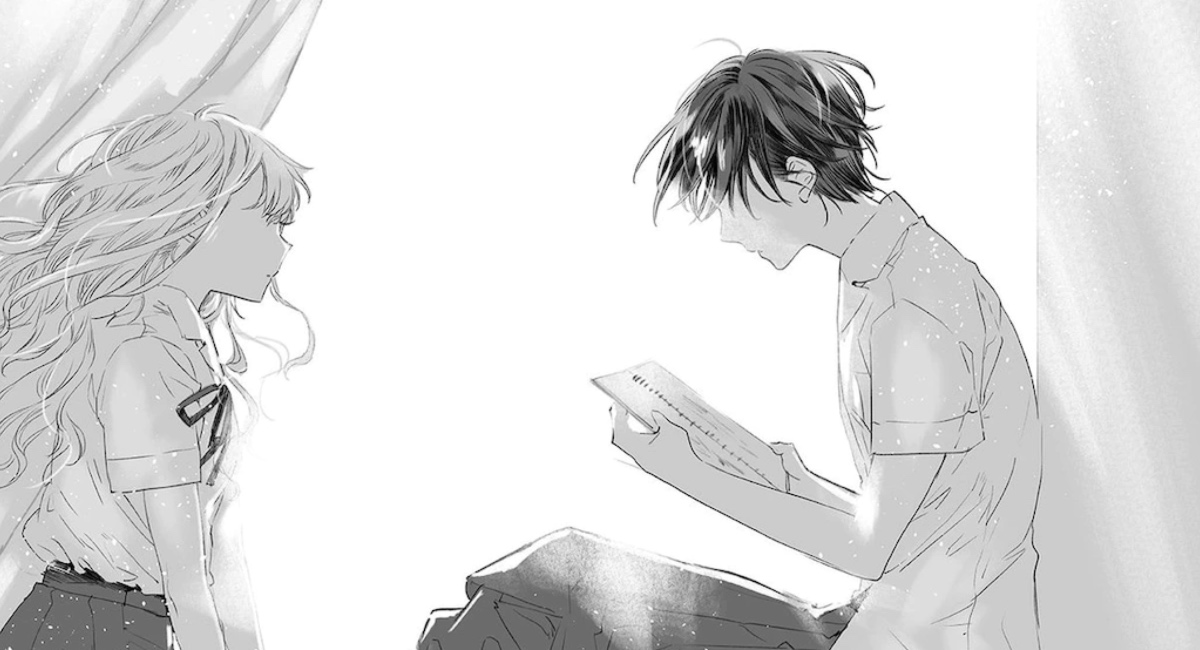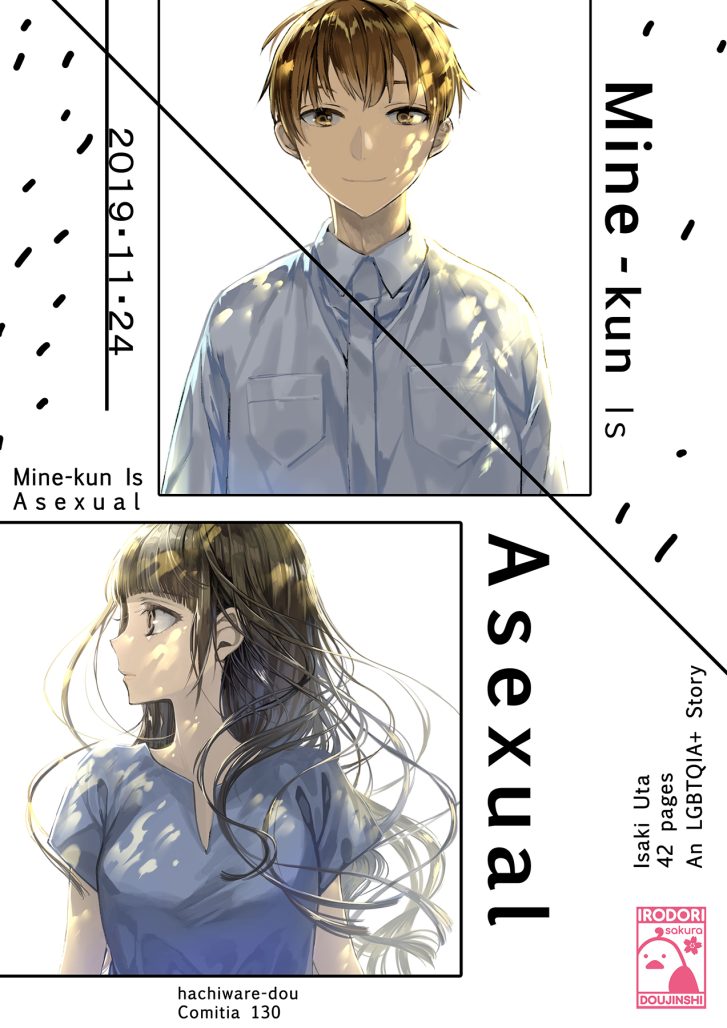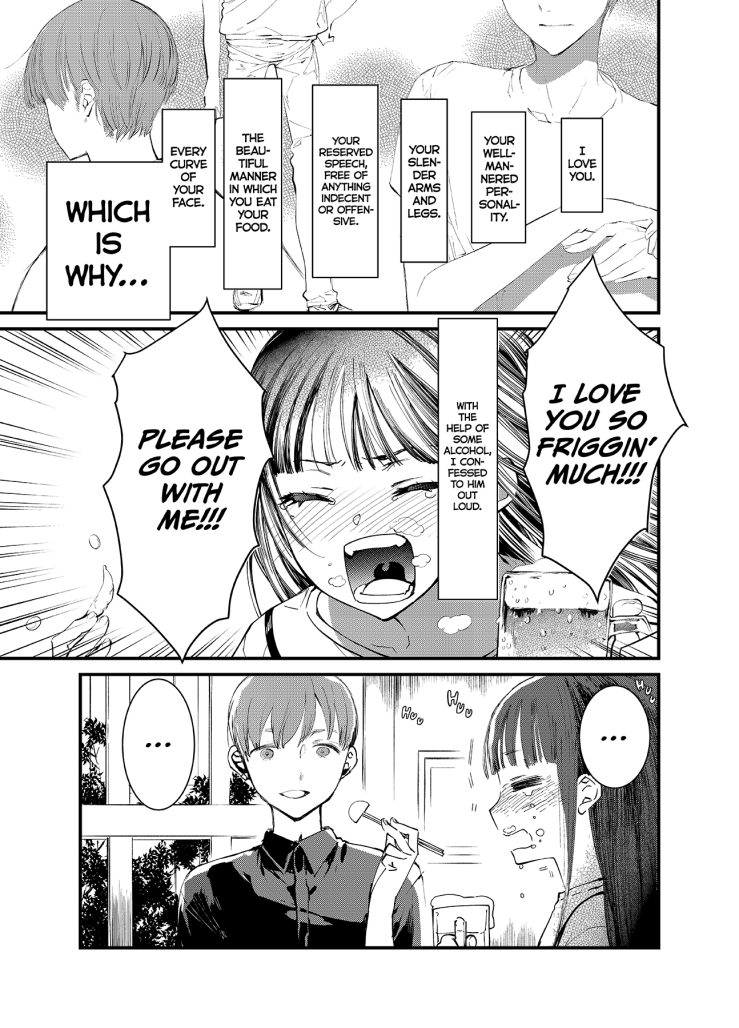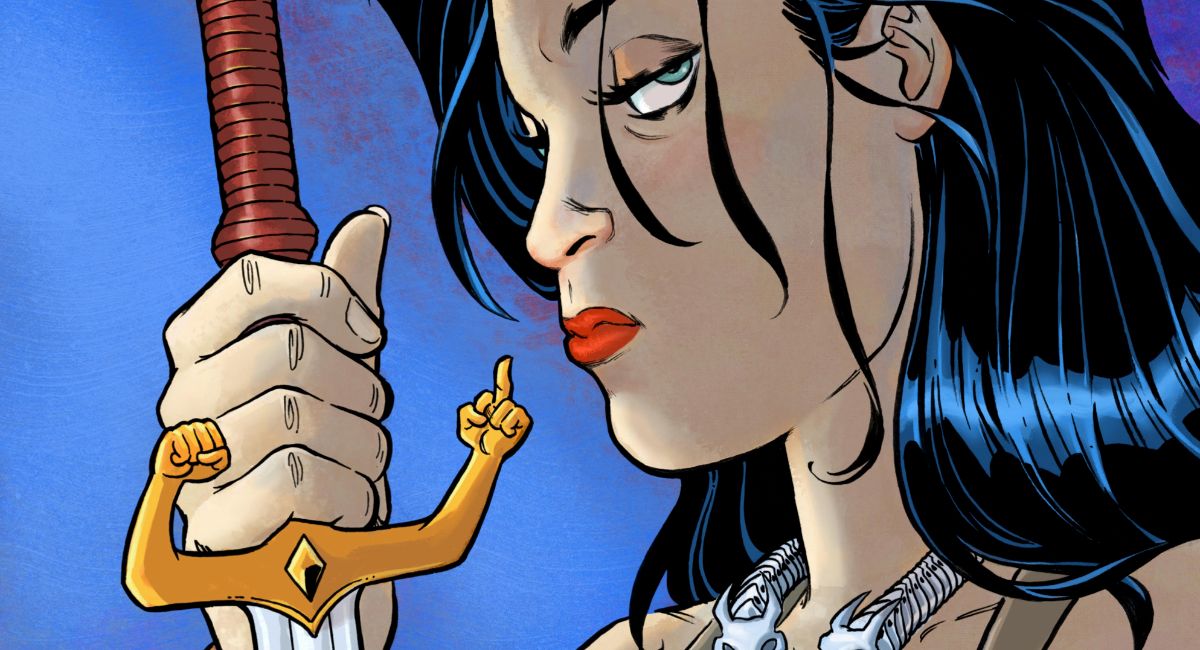Irodori Comics has launched a Kickstarter campaign for the Isaki Uta: The Lost & Found Collection box set, featuring four seminal stories by Isaki Uta, the mangaka and creator of the acclaimed manga Is Love The Answer?, published in the United States by Kodansha. Uta-sensei is best known for comics centered on characters navigating their gender and sexual identities, such as Mine-kun is Asexual, Silkscreen, and other stories appearing in Éclair: A Girls’ Love Anthology That Resonates in Your Heart and Éclair Blanche, with their first solo work to appear in print in English being Is Love The Answer?.
“Isaki Uta’s works are gems in the world of Japanese LGBTQ+ comics. The relationships between characters aren’t cookie cutter and show the rawness and intensity of discovering one’s sexuality and gender identity. It makes queer individuals like myself feel seen and that these kinds of stories are worth telling,” Irodori Comics’ translator ITSUKI is quoted as saying in the press release.
The Irodori Comics Kickstarter crowdfunding campaign is now live for the Isaki Uta: The Lost & Found Collection box set, featuring four of the mangaka’s classic doujinshi, or self-published manga: Mine-kun is Asexual, Leaper, Mermaid in the Bottle, and Silkscreen, available in print for the first time and digitally.
In commemoration of the campaign, Uta graciously agreed to an interview with Beat writer Marion Pena, who read and reviewed three of the stories in the collection.
MARION PENA: In “Mine-kun is Asexual,” the bittersweetness that comes from the eventual failure of the relationship feels very realistic and tangible. What would you say is the most important part of communicating in a relationship with an asexual partner?
ISAKI UTA: I think it’s important that non-asexual people properly learn and understand what asexuality is. Even if people come to understand what asexuality is, as time passes by, a relationship may not work out. I think it’s crucial we accept that as a thing that does happen, and we don’t have control over it.
PENA: “Mermaid in the Bottle” enthralled me when I first read it. The emotional states of the characters were incredibly easy to parse and understand due to the art, which, at the same time, also felt very abstract and experimental with the use of screen tones and visual metaphors. When you storyboard these types of scenes, how do you develop these images? Does the body language naturally come to you, or do you experiment with sketching or posing yourself to test how they look?
UTA: I didn’t have difficulty coming up with the storyboard because it more or less popped into my head. I’m the kind of person who experiments before the storyboard even happens, at the stage of brainstorming the story itself. I feel like the story ideas occur to me while I move from place to place.
PENA: “Leaper” is brilliant, I like that you tackled the idea of aging differently without using a fantasy race like elves or dwarves. It takes a while for Mio to age emotionally due to her condition, but her moment of self-actualization was very moving. Was there a moment in your life where you felt your personal level of emotional maturity was that of an adult?
UTA: When I was somehow able to softly land the last episode of my manga serialization, I felt a sense of accomplishment and a mysterious satisfaction.
PENA: Your stories pack a lot of emotional resonance and deeply layered characters in such a short page count. Do you feel that working independently to publish doujinshi has affected the stories you tell? Are there any independently published artists or manga that have inspired or influenced your approach to manga as either an artist or reader?
UTA: I’m not sure if I can say I was influenced per se. I honestly don’t feel that publishing independently had a tangible effect on my storytelling.
However, I have liked how Narushima Yuri-sensei depicted her characters since her self-publishing days, and she has incredibly influenced me.
If you haven’t yet dove into the world of independently published manga, this is a perfect start. As with American comics, independently published works allow authors to freely explore ideas that might not be guaranteed bestsellers for bigger comic publishers. Uta’s works have been lovingly accepted and shared among LGBTQ+ fans of the manga community, making this Kickstarter an important tracker to keep note of for demographic research. It will be a huge win for LGBTQ+ comics and fans if the success of this project means more anthologies and stories get published.
The Kickstarter page is now live for the box set Isaki Uta: The Lost & Found Collection, featuring four of their most acclaimed stories! For updates, you can follow Irodori Comics on Instagram, Twitter, and Facebook.














